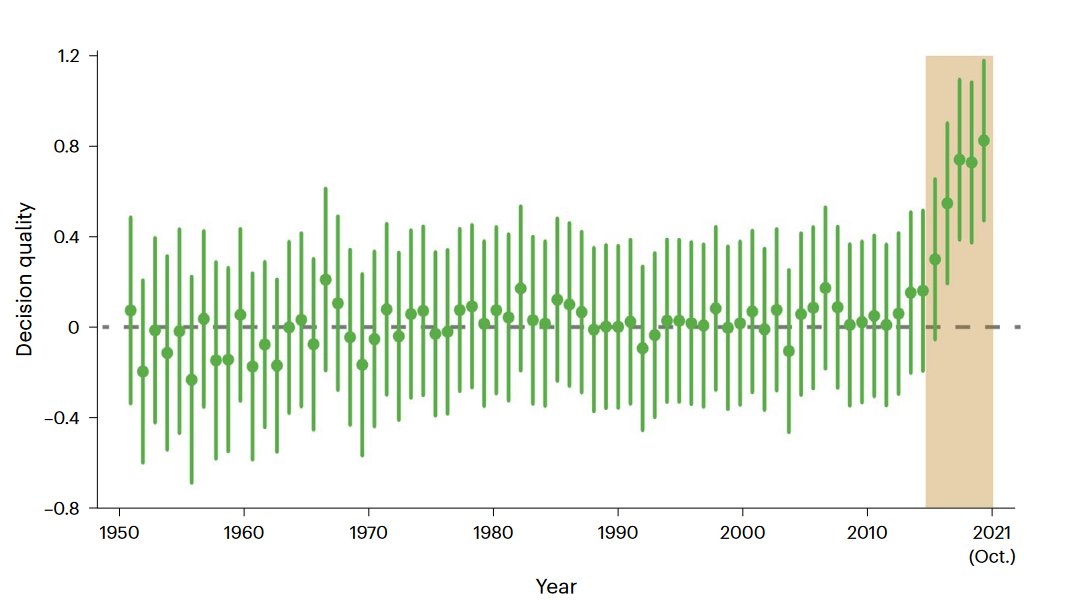I talked to a friend who wants to start a blog and wanted some advice on that—how to find her voice and so on. A few random thoughts:
1. It is the stuff about you that is odd that is interesting. So, don’t think to much about how you are supposed to do it, or what the genre convetions are. Just try to amuse yourself.
2. Another way to phrase it: the best writing tend to be when you surrender to your nature. This is hard to do!
3. Here is a classic pattern: you try really hard to do something GOOD, then you fail, or you make something silly. And it is the failures that people love, or the thing that was just a silly thing.
So try to set yourself up to failure, to not doing the thing that is right, but the thing that just sort of happens when you are not trying.
4. Style / voice is something you can’t really pinpoint. It tends to happen like this: you combine a bunch of idiosyncratic things you like, and … something happens between those things.
You have your interests, you have your sense of humor, you have your grammatical tics, etc: the more you just incorporate all of the stuff that you love or that just happens for you, the more style emerges.
5. People tend to have more style in their chat messages than in their blog posts. So perhaps write in the chat, rapidly, to a friend.
6. Here is a very basic and useful structure for a piece of writing: you have a problem, you struggle against it, and reach some insight and, likely, finds a solution.
“I don’t have any friends that I can relate to; I thought about how to solve it, and tried this, and it kind of worked and was interesting in this way, but yeah, still not sure.” That is a good enough frame for an essay.
7. Write from emotion. This goes back to the chat messages: the aliveness there usually comes from talking to someone you really like and wanting to resonate with them, or wanting to amuse them. This creates an emotional surge in the writing.
When you write from your head too much it tends to have less style.
8. This, however, is not an excuse not to be disciplined in your thinking. But it is mostly a separate process: spend serious time reading, taking notes, learning, challanging yourself. But when writing: let that go, and rely on the brain power that you have accumulated.
9. A good essay is an interesting mind wrestling with a problem in somewhat real time.
10. Don’t aim to high when you begin. Maybe just do 500 word pieces, and do them with a simple format: problem, solution; an observation; explain something you’ve been wrong about. Done.
11. Deadlines are good.
12. I think about it like this: I want to have a balance between pushing myself hard so I learn new things, but I also want to finish stuff because there are certain things you can only learn by finishing. Deadlines is the tool that lets you find the balance.
Say, “I’m going to write the best piece I can in 20 hrs” and then you adjust how high you aim and how hard you work so that you can finish in twenty hours. If you want to push yourself to do deeper, you say 30 hours instead. If you want to get more reps, you go down to 10 hours.
13. You don’t need to know what you are doing early on (or ever). You need to throw a lot of things at the wall. Fail in a hundred interesting ways and pay attention to how all of that makes you feel. You will develop a feel for what it is you do after about 50 essays.
14. Write a lot. A LOT. Each time take one thing and make it better: a better title, better structure, better ending, better descriptions, better dialogue. Just one thing. It adds up. I think this is the advice MrBeast gives lol
15. If you want to write 5000 words about grammar and fear that people will get bored by that you should write 5000 words about grammar. It will filter your readers so you attract those who like the grooves of your mind.
16. Most of all: the point is to aim for writing that enhances your feeling of aliveness, that lets you refine your thoughts about what matters, lets you experience with more nuance what you care about, lets you enrichen the texture of your mind.
• • •
Missing some Tweet in this thread? You can try to
force a refresh





